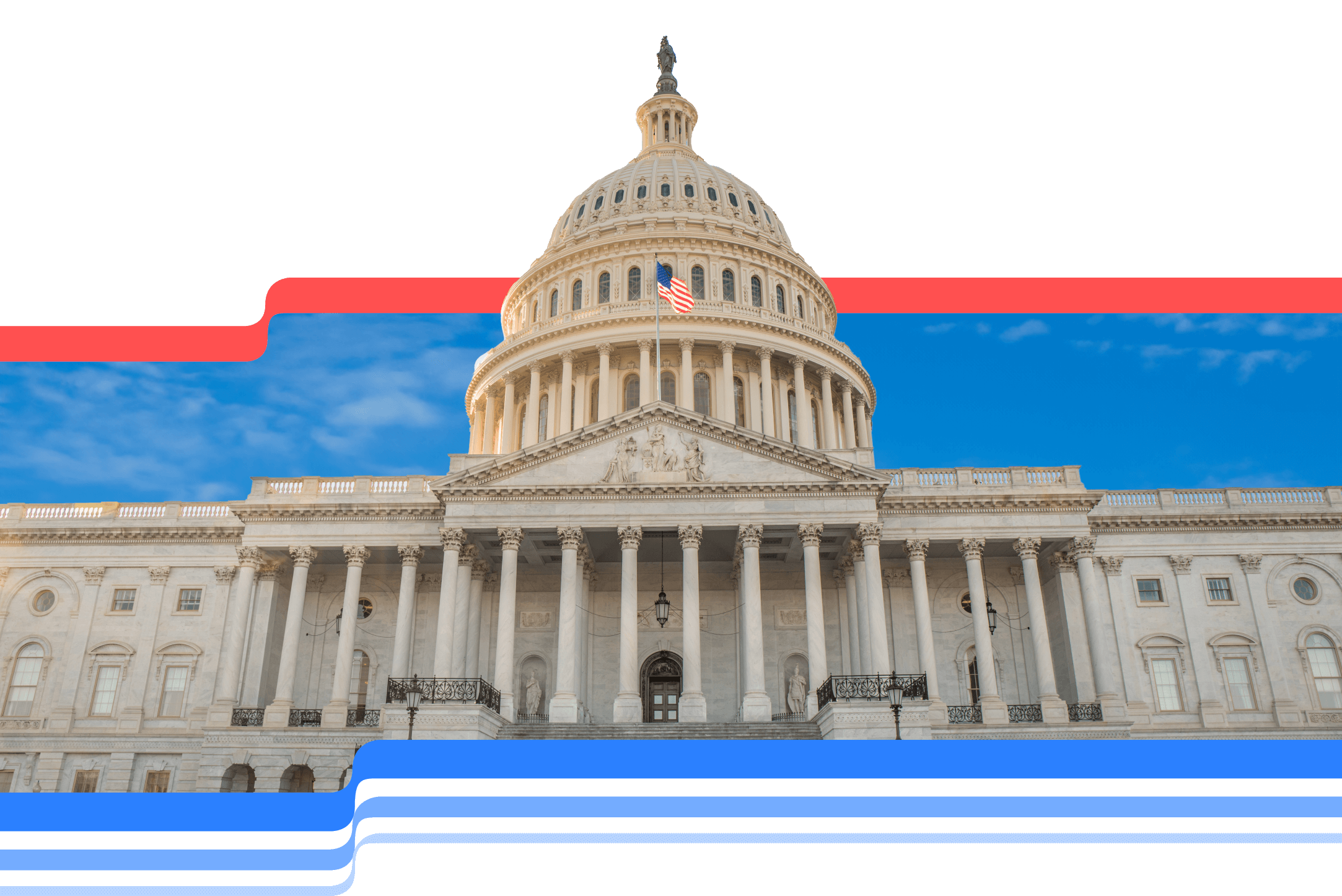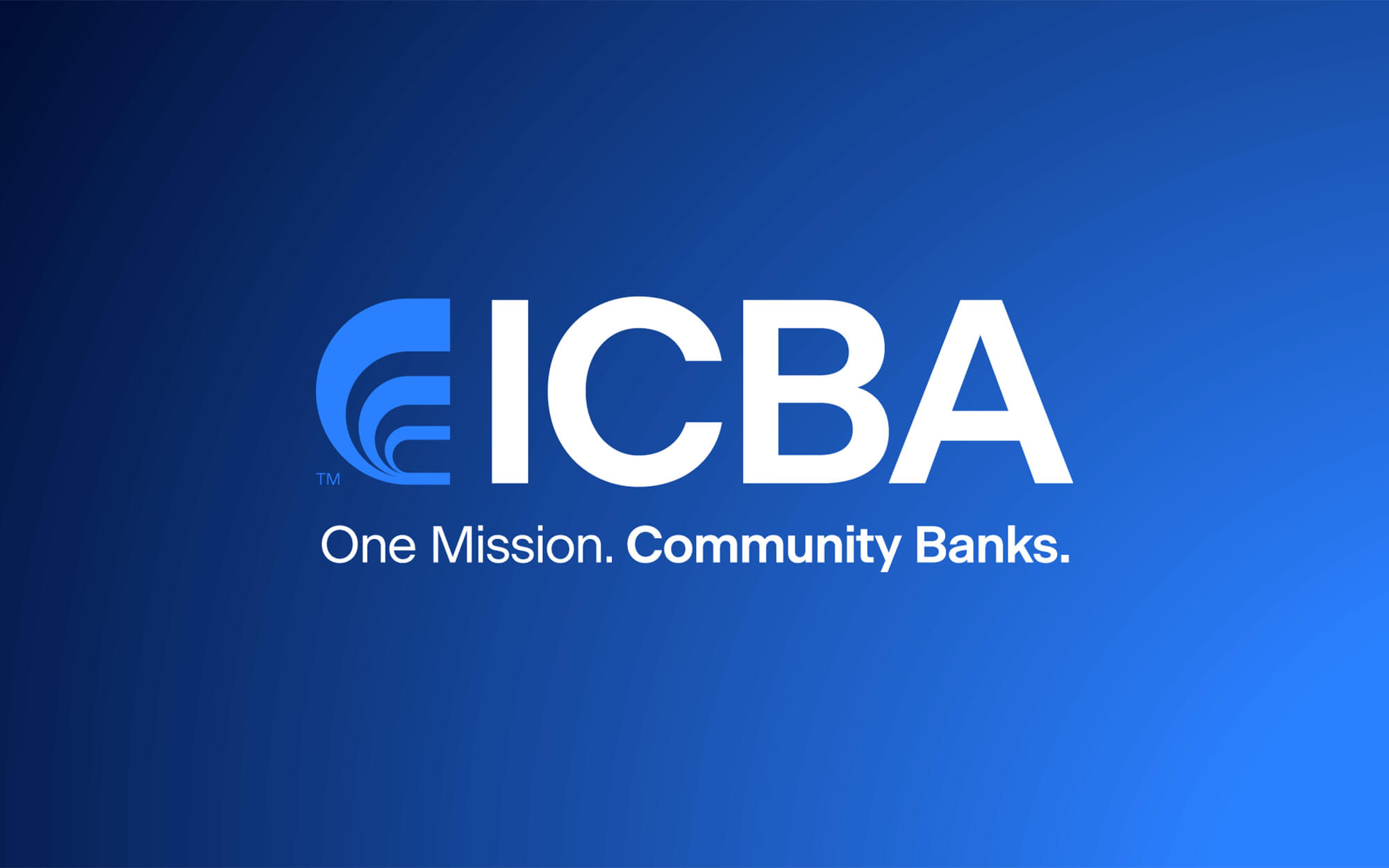Federal Reserve Governor Christopher Waller said global networks for fast payments would have to be founded on well-developed domestic networks or it “could end up being a road to nowhere.”
Details: Speaking in India, Waller said variation in domestic fast payment network adoption around the world means “the value of globally interlinked systems is not yet clear.” Waller added that the U.S. has seen widespread adoption of the FedNow Service in just a little over a year.
Interoperability: Waller noted that even when technological connections are in place, payments may not actually be instant as they travel across systems because of variations in ISO 20022 implementation, which is the global standard used by most fast payment systems. He added that new multilateral arrangements for interlinking could address the challenges.
Other Views: Bank for International Settlements General Manager Agustín Carstens, also speaking in India, noted that interlinking systems could “allow cross-border payments to flow in 60 seconds or less.” He acknowledged that bilateral links are limited and said multilateral projects like Project Nexus—which will link India, Malaysia, the Philippines, Singapore, and Thailand—could solve that problem.
ICBA View: ICBA and other groups earlier this year said a global panel’s framework for ISO 20022 harmonization requirements presents challenges and requires community bank representation in ongoing discussions. In a comment letter last year, ICBA said policy setters should ensure the plan does not lead to more complexities for community banks, which would harm their ability to support faster and more transparent cross-border transactions.
More: ICBA Payments recently announced a partnership with Pidgin—a secure faster payments platform—to facilitate instant payments for community banks. A previous blog post recaps the first year of the FedNow Service.





